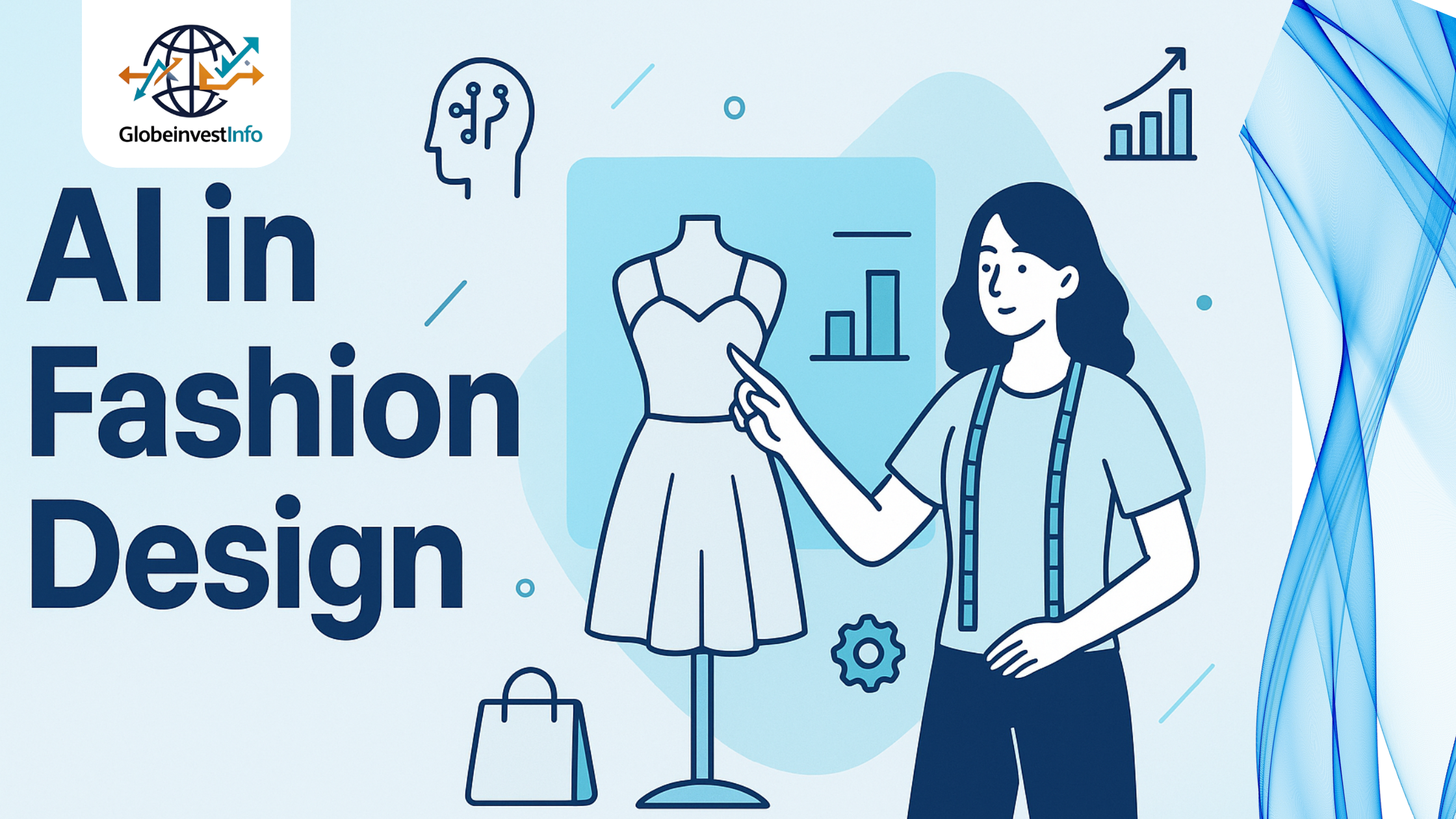Introduction
The fashion industry is changing faster than ever. Customers expect new styles, trending outfits, and fresh collections almost every season. But for clothing brands and designers, keeping up with this demand is a big challenge. This is where Artificial Intelligence (AI) in fashion design is making a huge difference. From predicting fashion trends to generating unique designs, AI is helping fashion brands create and launch collections faster, smarter, and with less cost.
1. How AI Predicts Fashion Trends
One of the biggest struggles in fashion is knowing what customers will love next. AI solves this by analyzing:
- Social media trends (Instagram, TikTok, Pinterest)
- Fashion week highlights
- E-commerce sales data
- Celebrity styles
By processing millions of data points, AI trend prediction tools help designers see which colors, patterns, and styles are becoming popular. This means clothing brands can design collections that are already in demand.
2. AI-Powered Fashion Design Tools
Traditional fashion design takes weeks of sketching, editing, and revising. With AI design tools like Fashwell AI, Cala, and Adobe Firefly, designers can:
- Generate multiple outfit variations instantly
- Experiment with fabrics and textures digitally
- Create realistic 3D models of clothing
This allows brands to save time, reduce errors, and explore endless creative options. Instead of replacing designers, AI works as a creative assistant that sparks new ideas.
3. Faster Collection Development
In the past, developing a new collection took months. Designers had to research trends, create sketches, and produce prototypes. With AI, this process is much faster:
- AI suggests trending designs → designers refine them
- Virtual models (AI avatars) showcase outfits digitally
- Brands test customer reactions online before production
This helps clothing brands move from idea to store shelf in weeks instead of months.
4. Benefits for Clothing Brands
AI in fashion design isn’t just about speed—it’s about competitive advantage. Some major benefits include:
- Time savings – faster sketches, fewer revisions
- Cost savings – less trial-and-error in production
- Customer alignment – collections based on real data
- Competitive edge – launch trends before big brands
For small clothing brands, AI levels the playing field by giving them access to the same powerful tools as large fashion houses.
Conclusion
AI is not replacing human creativity—it’s enhancing it. Fashion designers still bring vision and originality, but AI provides the speed, insights, and tools to make that vision a reality. By adopting AI in fashion design, clothing brands can create fresh styles, launch faster collections, and stay ahead of the competition.
FAQs
Q1: Does AI replace fashion designers?
No. AI assists designers by suggesting styles and generating variations. Creativity and final design choices remain human-driven.
Q2: Can small clothing brands use AI in design?
Yes. Affordable AI design platforms make it possible for even small fashion startups to compete with big labels.
Q3: What are some popular AI fashion design tools?
Examples include Fashwell AI, Cala, Vue.ai, and Adobe Firefly.
Q4: How does AI reduce costs for fashion brands?
By cutting down on design time, reducing errors, and avoiding overproduction through trend prediction.
- AI in Gaming: How Artificial Intelligence Is Changing the Way Americans Play in 2025
- AI-Powered Business Ideas That Will Boom in the Future
- AI in Travel: How Americans Are Planning Trips Smarter in 2025
- AI in Real Estate: How Americans Are Buying and Selling Smarter in 2025
- Fitness Side Hustles for College Students Who Love to Stay Active

